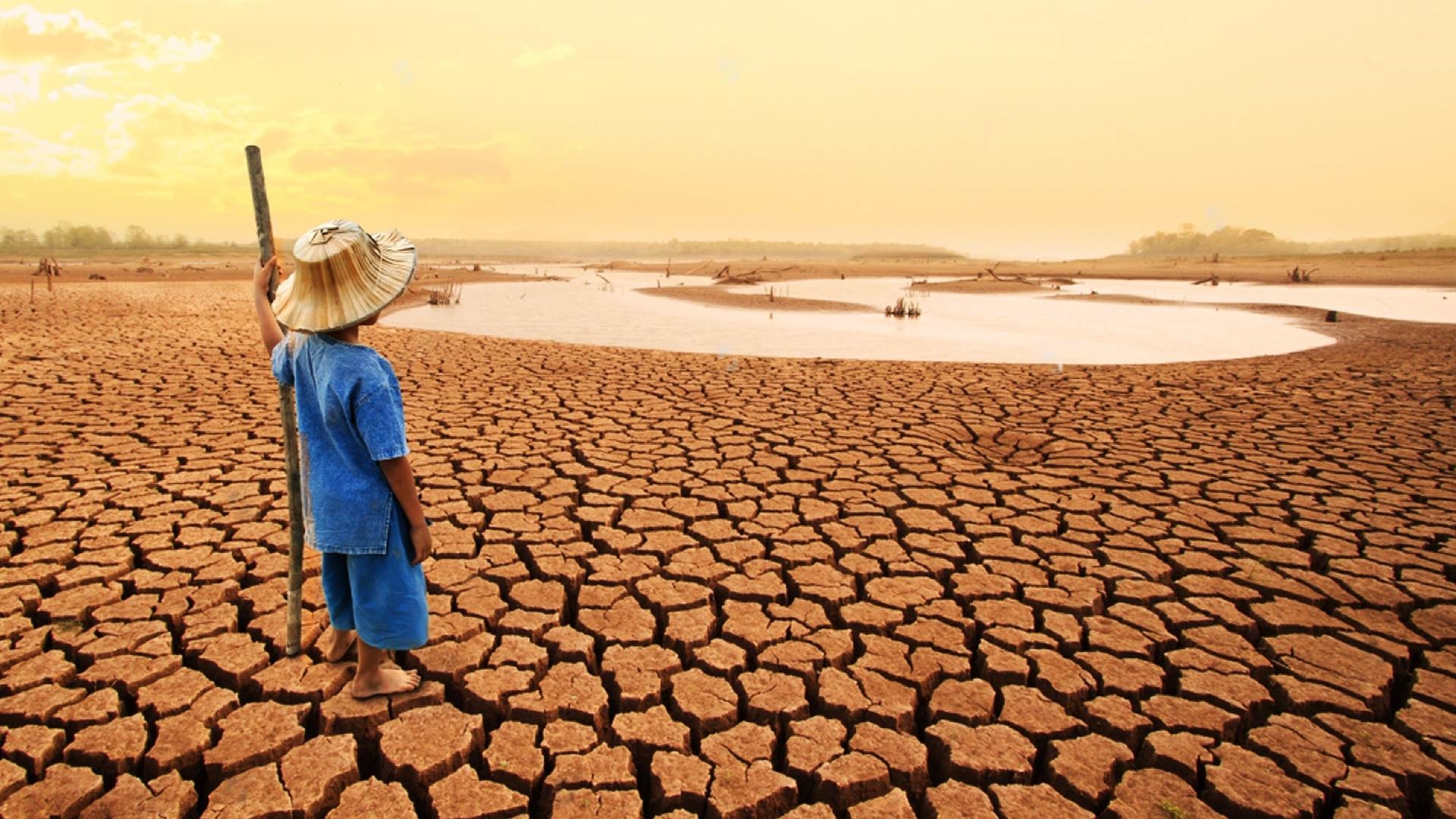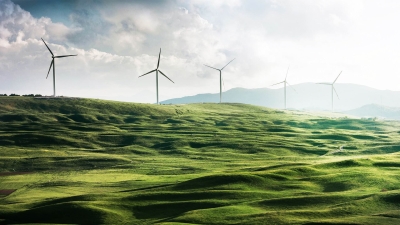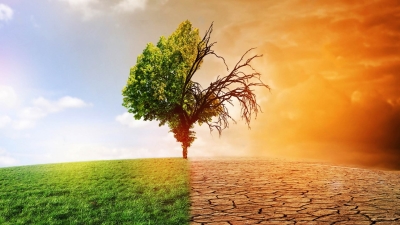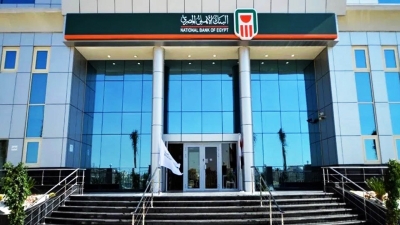Africa faces the climate change's storm

Nature has become worse in all the world's parts, due to climate change consequences and its harsh effects on all aspects of life, Africa was not far away from the effects of global warming.
Africa is the most affected by the negative results of climate change, although it is the least responsible for it. As it is responsible for only about (2-3%) of global greenhouse gas emissions.
This is clearly reflected in numbers, as Africa continued to record significant increases in temperature, with an estimated average growth of about (+0.3) degrees Celsius per decade between 1991 and 2021, which is faster than the rate of warming that occurred between 1961 and 1990; As it reached (+0.2) degrees Celsius per decade, 2021 came as the third year in terms of the average high temperature recorded for Africa historically.
Africa suffers from a sea level rise, as the rate of sea level rise along the African coasts is higher than the global average, especially along the Red Sea and the southwestern Indian Ocean. Where it approaches (4) mm per year, followed by the coasts of Tanzania and Mozambique, and the eastern coast of South Africa; Where the rate exceeds (3.9) mm per year.
The rate of sea level rise along the western coasts of South Africa and Namibia is much higher than the global average; It reaches about (3.9) mm per year, and the rate exceeds (3.6) mm per year along the Atlantic coasts of northwest Africa and Gulf of Guinea from Gabon to Angola and Somalia.
While the coasts of West Africa witnessed a rate of sea level rise close to the global average. This is at a rate of 3.3 mm per year.
It is worth noting that the relative rise in sea level is expected to continue in the future, This may contribute to increasing the frequency of coastal flooding in low-lying cities and along most of sandy coasts, and to increasing the salinity of groundwater.
Moreover, it causes disturbances in the rate of rainfall in the continent; 2021 was the best evidence of this, as the continent witnessed instability regarding the rate of rainfall, which came less than usual in Most of North Africa, especially in the coastal regions of Morocco, Tunisia and northwest Libya.
Also Southern African region, we found that there is a significant deficit in the rate of precipitation of more than (160) mm across eastern Angola, Zambia, Zimbabwe and central Mozambique along the coast of South Africa.
Climate change also affects all factors of sustainable development and its basic objectives, including agricultural production and food security.
Declining levels of food security is one aspect of climate change's impact in Africa, as rising temperatures contributed to the decline in agricultural productivity growth in Africa by (34%) since 1961; This is more than any other region in the world.
This increases the risk of food insecurity lack and malnutrition in Africa; As it is likely that global warming will reach the level of (1.5) degrees Celsius, with a decrease of (9%) of corn crop in West Africa, and (20-60%) of wheat crop in the southern and northern African regions, and more than about ( 12% of fishing in many West African countries.
Climate change will also have serious impacts on jobs and labor productivity in the agricultural sector; In sub-Saharan Africa, where (55-62%) works in agriculture, we found that the labor capacity in agriculture is expected to decrease by (30-50%) compared to (1986-1995); With global warming increasing by (3) degrees Celsius.













